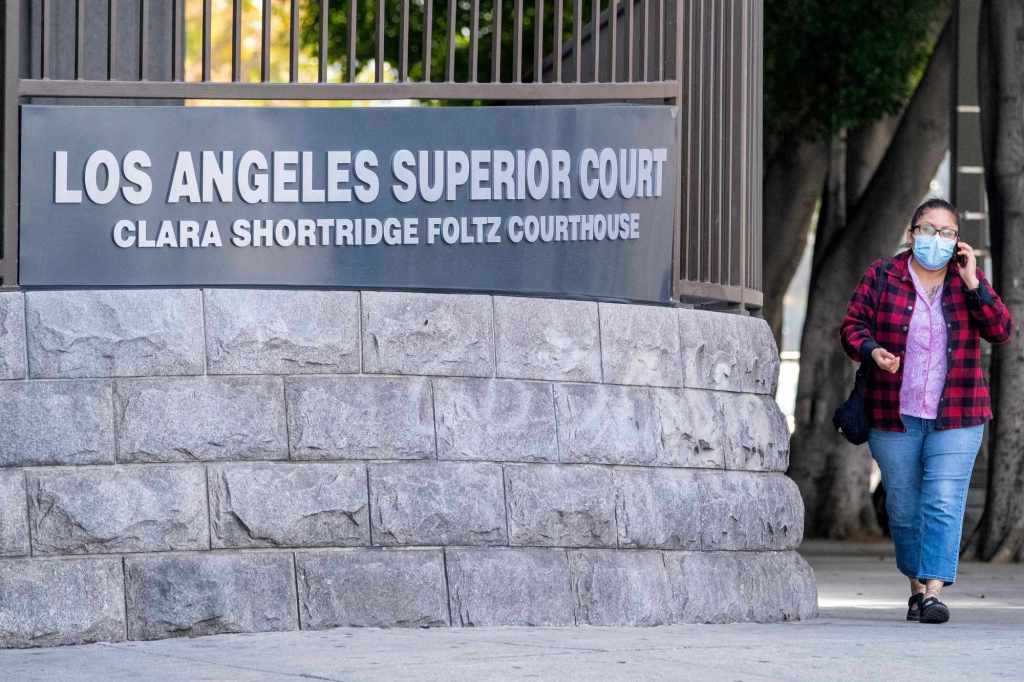
California once set the national standard for public defense, but today our state’s justice system is failing its most vulnerable communities. There are many reasons for that: California provides no state-funding, it provides no state oversight to ensure lawyers are doing their job, and instead, it allows counties to operate on the cheap. We have counties where lawyers are paid to take thousands of cases and do little work on them. We have a crisis in our justice system.
That’s why I’ve introduced the Fair Representation Act, Assembly Bill 690, to end the use of flat-fee contracts for public defense services. Flat-fee contracts are a key culprit in our legal system’s failure, and it’s time for legislators to end them. Fortunately, the bill is currently awaiting a floor vote in the Assembly.
Flat-fee contracts pay private attorneys a single lump sum fee, regardless of the actual time and effort required to effectively represent their clients. Under these contracts, an attorney is paid the same whether they spend 200 hours or 15 minutes on a case, creating a stark financial conflict of interest. Because flat fee contracts do not account for the work needed in many or even most cases, attorneys attempt to save time and expenses by foregoing important work altogether. Laboring under these contracts, attorneys often don’t hire an investigator or use expert witnesses, especially when those costs have to be paid out of their fee.
Without the proper incentives, attorneys don’t take the time to visit their clients in jail, research important legal issues, or file motions-all things a person would want their lawyer to do.
Often, flat-fee contracts ignore nationally recognized standards, like limiting the number of cases a lawyer can handle, and rarely provide the necessary oversight or support needed to ensure quality representation. A recent study found that in multiple counties, flat-fee attorneys were handling roughly 300 felony cases at a time and rarely visited their clients in jail.
Already overburdened by immense caseloads, many contract public defenders also take on private clients and are forced to choose between their court-appointed cases and private clientele, inevitably rushing through contract cases to free up time for more lucrative privately retained work.
As a result, California’s criminal justice system is left with a patchwork of under-resourced and financially conflicted private defense systems that are designed to fail the 80% of Californians who cannot afford to retain a private attorney. At the state level, we compound these challenges by choosing not to fund county-level public defense, leaving that responsibility to local governments, while simultaneously investing exorbitantly in prosecution. The state spends about 80% more on prosecution than defense, and in counties that exclusively privatize their systems, the disparity is almost 160%. That statistic is damning.
Without the time or inclination to learn about their clients, attorneys cannot effectively advocate for them, resulting in needless incarceration, mismatched rehabilitation models, and an overall reduction in public safety. These choices also translate into needlessly long pre-trial stays in county jails, inappropriately long prison sentences, unnecessary appeals and tragically, wrongful convictions. Eight of the ten counties with the highest incarceration rates rely exclusively on flat-fee contracts, with all of the top five falling into that category. The result? Wasted taxpayer dollars on over incarceration, increased recidivism and ultimately, the erosion of public safety.
These aren’t just statistics — this is a real crisis that disproportionately harms the poor and communities of color. Black and Latino people, despite representing just 6% and 38% of the state’s population respectively, make up 74% of the prison population and 66% of the county jails population. Many Californians, who already face systemic challenges in the criminal justice system, are forced to navigate a legal process represented by severely overburdened attorneys facing stark financial conflicts each time they are appointed on a case.
AB 690 is not a radical proposal; it simply aligns our justice policy with longstanding recommendations from legal experts and follows the example of states such as Montana, Arizona, Arkansas, Idaho, Utah, South Carolina, and North Carolina.
By eliminating flat fee contracts, California would eliminate a corrosive financial conflict of interest faced by private contract defenders and take an essential step toward redressing decades of neglect and underfunding. When attorneys don’t have to choose between their income and providing a zealous defense, we ensure our legal system lives up to its promise of providing each Californian an effective attorney.
Lawmakers must act swiftly to put an end to these flawed contracting practices and invest in public defense systems. The rights and lives of our most vulnerable community members depend on it.
Nick Schultz proudly represents California’s 44th Assembly District.



